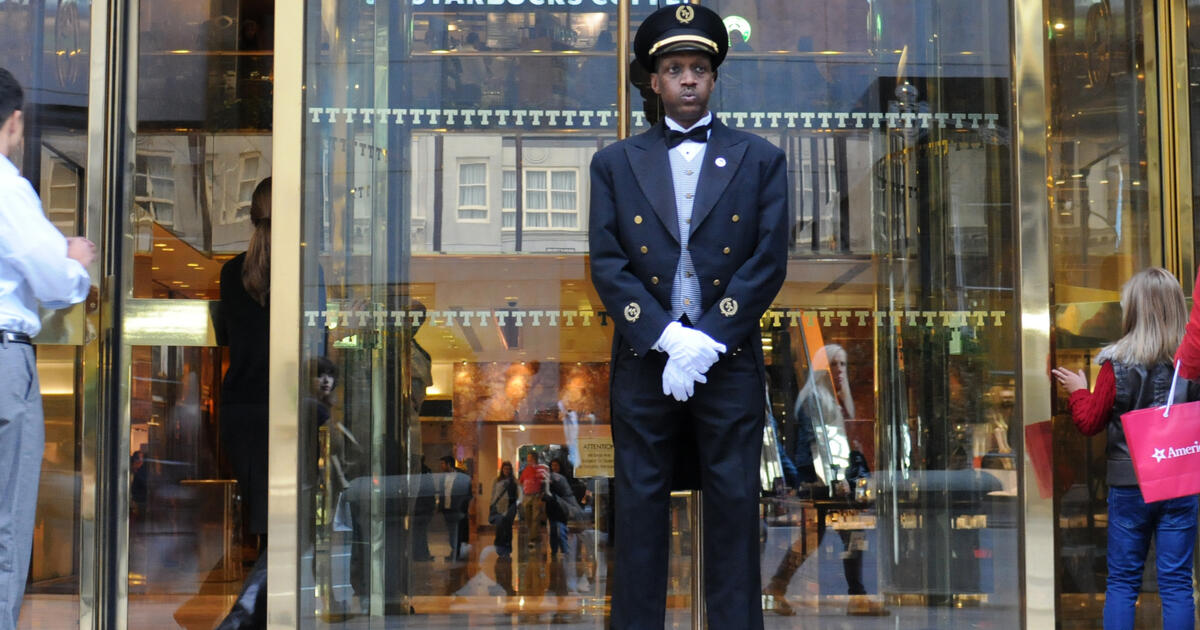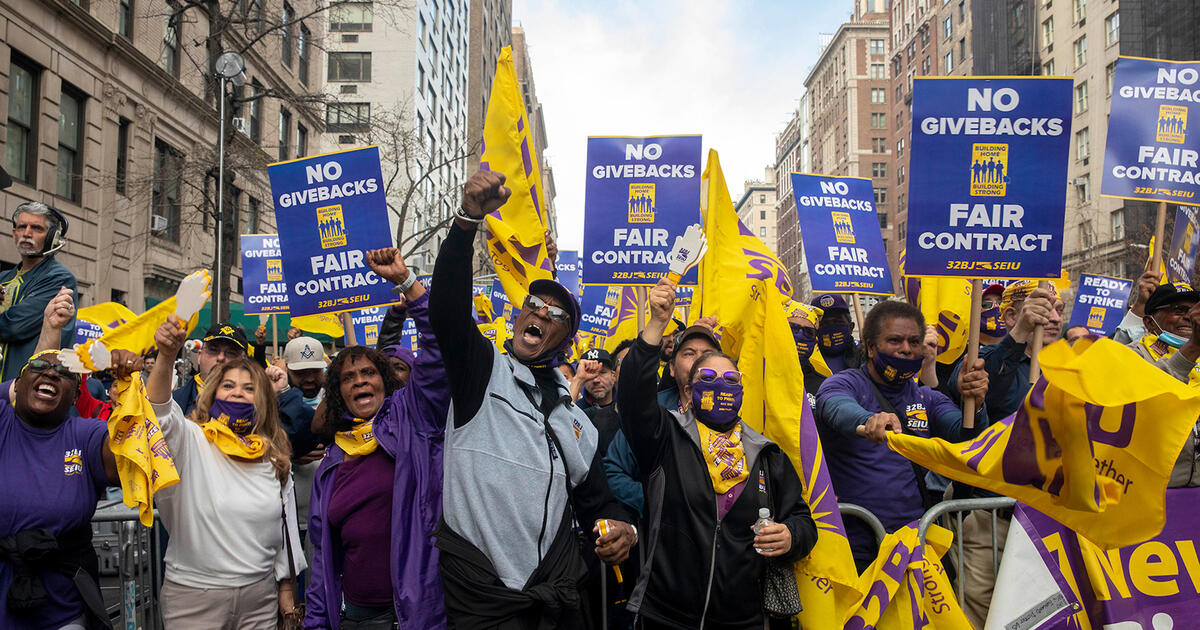Everyone knows inflation it currently red hot. The government currently has it pegged at around 8%, while in the real world it's probably more like double that. For NYC property owners there is an important union contract negotiation going on: Local 32BJ of the Service Employees International Union. The current four-year labor agreement between the two sides is set to expire on April 20.

 www.habitatmag.com
www.habitatmag.com
While the parties have a generally amicable relationship and there hasn't been a strike in close to 30 years, I think the negotiation over pay raises will probably get a bit intense due to current inflation figures. In many buildings with union staff labor accounts for up to 25% or more of annual operating expenses. Increases in pay will find their way into maintenance/common charge increases.
Perhaps more importantly because it effects a wider percentage of the population is municipal workers union contracts. This week Mayor Eric Adams raised the ire of city worker's unions:

 gothamist.com
These are the same unions he will be having to negotiate new contracts with in the near future. Given he is irritating them and the inflation rate, will he have the ability to keep to his proposed budget which counts on holdings raises close to zero.
gothamist.com
These are the same unions he will be having to negotiate new contracts with in the near future. Given he is irritating them and the inflation rate, will he have the ability to keep to his proposed budget which counts on holdings raises close to zero.

 www.thecity.nyc
"NYPD Funding Flat
www.thecity.nyc
"NYPD Funding Flat
The mayor did not allocate any money for raises for city workers even though the contracts with municipal unions begin expiring this year, raising questions of where he will get the money for the increases workers are expected to demand, especially with inflation accelerating".
Note that if the city goes over budget it will almost certainly will result in Real Estate Tax increases because that's one of the few places the city can increase revenues without asking for State approval.

Contract Talks Set to Begin With Unionized Building Staffers
Contract talks set to begin with unionized building staffers at a perilous time.
While the parties have a generally amicable relationship and there hasn't been a strike in close to 30 years, I think the negotiation over pay raises will probably get a bit intense due to current inflation figures. In many buildings with union staff labor accounts for up to 25% or more of annual operating expenses. Increases in pay will find their way into maintenance/common charge increases.
Perhaps more importantly because it effects a wider percentage of the population is municipal workers union contracts. This week Mayor Eric Adams raised the ire of city worker's unions:

Adams draws union fire over vaccine carveout for major league players, performers
The mayor cited the decision as one of economic necessity and denied he succumbed to public pressure.

Broad cuts, and flat NYPD funding, meet new investments to fulfill campaign promises and promote equity.
Broad cuts, and flat NYPD funding, meet new investments to fulfill campaign promises and promote equity.
The mayor did not allocate any money for raises for city workers even though the contracts with municipal unions begin expiring this year, raising questions of where he will get the money for the increases workers are expected to demand, especially with inflation accelerating".
Note that if the city goes over budget it will almost certainly will result in Real Estate Tax increases because that's one of the few places the city can increase revenues without asking for State approval.

